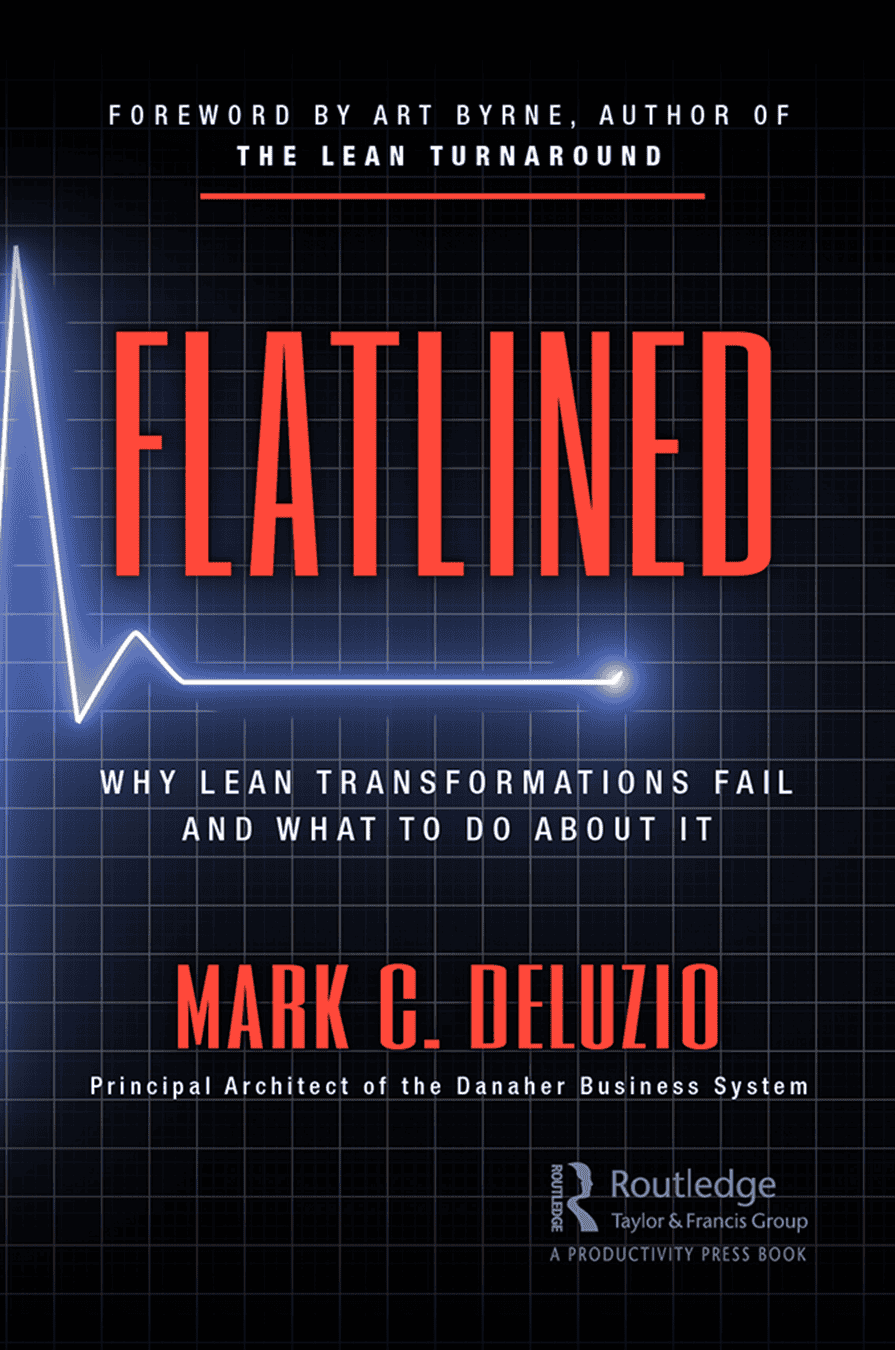In a process industry environment small improvements make a big difference due to the high volume of product moving through the facility in a short period of time. I remember one facility that was running at the high end of the customer material specification due to process variation. After improving the process variation we were able to run the material at the low end of the specification saving the plant $600,000 a year.
Standard work is another important part of driving improvement in the process industry. My experience when walking into a processing plant is that operator will normally stand by one part of the machine until something jams up or stops and then react to it. By then they have lost production and/or run scrap. Effective standard work in the process industry will have the operator walking around the machine and checking vital parts of the operation. I call this dancing with the machine. The operator should flow with the machine. If they repeat this throughout the shift, uptime will improve and quality should improve also.
Process Industry Efficiency
Changeovers are another big driver. When you are running several feet product or material a minute down the line any idle time costs the plant major revenue. An average changeover can be reduced 25%-50%, increasing throughput and meeting the customers demand by running smaller batches and more skus every day.
Increasing Overall Equipment Effectiveness (OEE) in uptime plays a big role in the process industry. The process industry works best when product flows like a river. Any time that river is dammed or slowed the water starts backing up. This causes less product going to the next process causing the machine to slow down or stop. Then there are processes ahead of the machine that are down causing us to build up WIP. Ask yourself, “Do my machines perform as they did the day they were purchased?”
Improving OEE in product yield through each process in your manufacturing system will reduce scrap and rework and can add major dollars to your bottom line. Ask yourself, “Do my machines produce the same quality of material they did when they were purchased?”
A strong TPM program can improve your machines performance and get the team members on the floor more engaged in improving daily performance.

